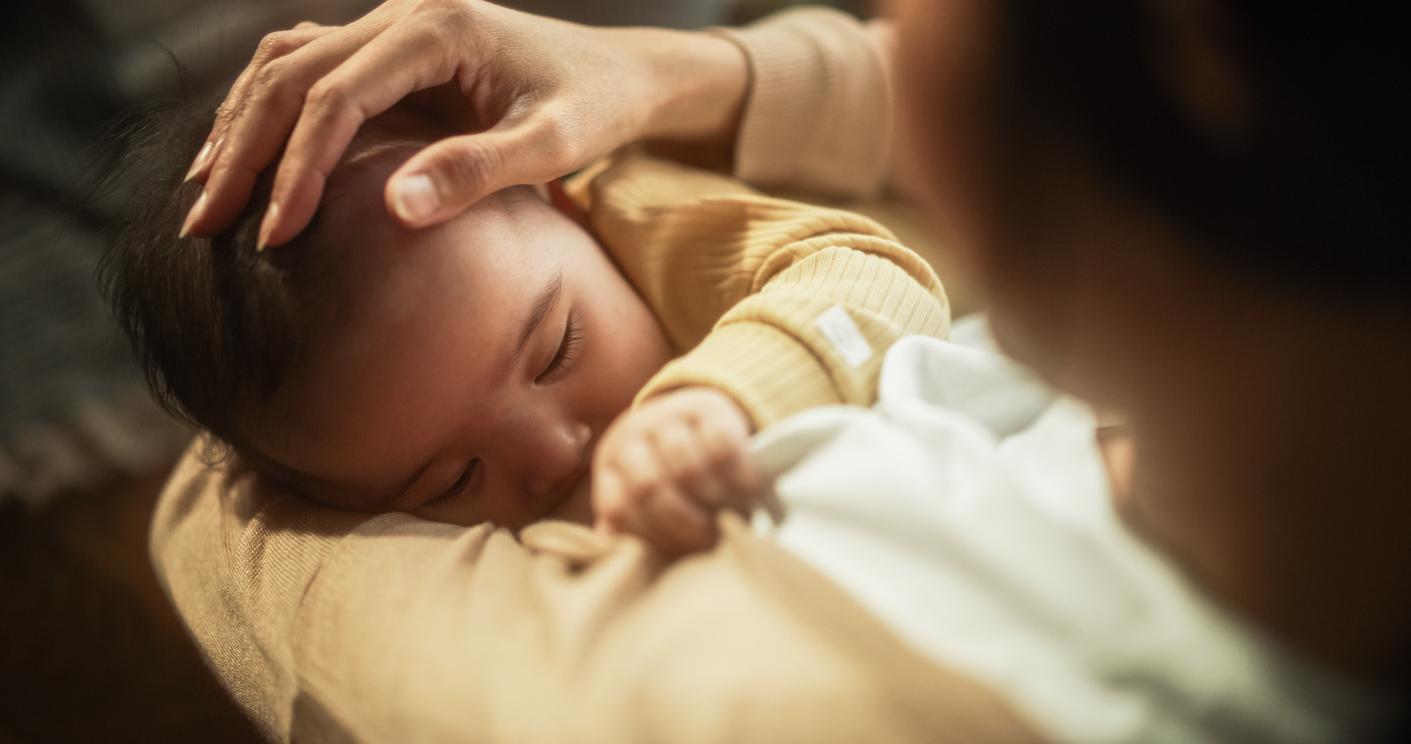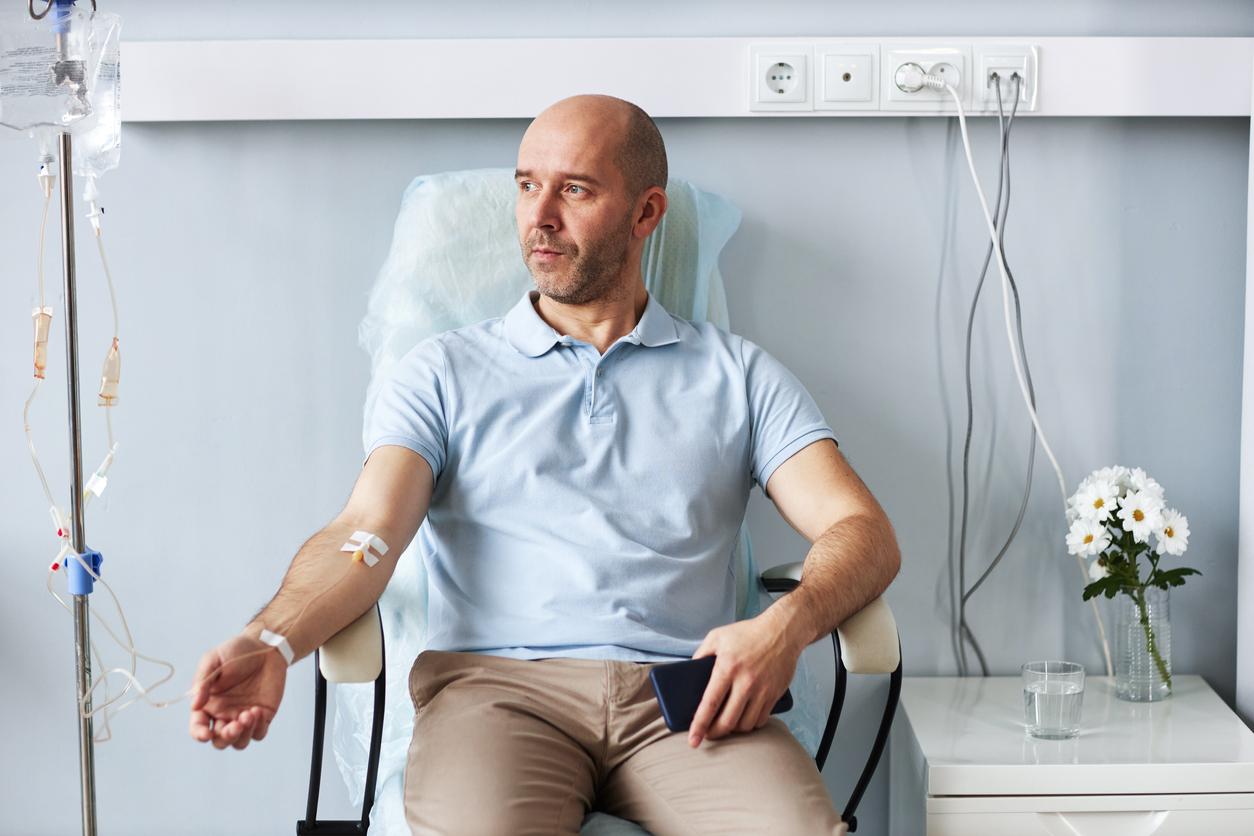
Can you be too old for an IC bed?
If you have the coronavirus and it is deteriorating rapidly, or if you become very short of breath, admission to the intensive care unit (IC) may be necessary. Can you be too old for an IC bed? Read the answers to these and other questions here.
When is admission to the intensive care unit necessary?
If you suffer from a cold, sneezing, cough, sore throat, difficulty breathing or fever (above 38 degrees), you may have the coronavirus. Fortunately, the infection is mild in most people and an IC bed is usually not necessary.
When is it? Especially with severe shortness of breath. General practitioners check whether a patient becomes ‘oxygen-demanding’, in medical jargon: low saturation <92%-94% and/or increased respiratory rate >24/minute), or if a patient quickly becomes very ill. This disease caused by the new coronavirus is called COVID-19. This is a reason for the GP to consult a pulmonologist and probably hospitalization. An IC recording takes a long time, about 3 weeks.
How can I check myself if I am ‘very stuffy’?
People who are sick sometimes do not even notice that they are short of breath. You breathe faster without noticing. You can check this by counting the breath with a clock at hand. Normally, breathing is 15 to 20 times per minute for an adult. If it is higher than 24 times per minute, that is a reason to call the doctor. He can refer you to the intensive care unit after consultation with the pulmonologist.
The GP has separate guidelines for people with COPD or asthmatics, who are normally already short of breath and who may have caught the coronavirus. After all, the distinction is not so easy to make.
What happens on the IC?
In the intensive care unit, people with the corona virus are fully ventilated. They are sometimes on their backs and sometimes on their stomachs on this ventilator and are unconscious. They are connected to infusion pumps that deliver drugs. No effective drug has yet been found against the virus, but doctors are now gaining experience with it giving the antimalarial drugs hydroxychoroquine and its brother chloroquine or the antiviral drug remdisavir.
Visitors are not allowed to visit the intensive care unit if you are infected with the corona virus. Cameras around the bed allow nurses to monitor people continuously. See also this video from the AMC, explaining why visitors are not allowed. Even if you have been admitted to a normal ward due to the coronavirus, visits are not possible in every hospital.
Is there a shortage of IC beds?
At the time of writing (28-03-2020) there is still no shortage of IC beds. In total, 896 people have been admitted to intensive care because of a corona infection. On this website of the intensivists represents the latest state of affairs for ICs. The doctors and hospital administrators are busy scaling up the number of beds, with emergency hospitals and possible use of German intensive care beds.
The hope is that enough IC beds will remain available. That is the main reason that the stricter measures have been introduced, such as the call to stay at home and keep one and a half meters away. The Jeroen Bosch Hospital lets in this video see that it will soon be all hands on deck in the intensive care unit.
I’m 70 plus. Am I too old for an IC bed?
Age alone is not a reason to deny someone an IC bed, according to intensivist Hans van der Spoel in the Volkskrant. ‘As doctors, we are never going to say: you are over 70, so you are not allowed to go to the IC. We estimate how useful it is to give someone a ventilator for weeks.’
An IC recording is a huge attack on the body. You lose a few percent of muscle tissue every day. After two to three weeks in the IC, which is usually necessary with corona, you enter a long rehabilitation process from six months to a year and you don’t really get old anymore. If you are in reasonably good shape, you will be better able to handle intensive care treatment and have a better chance of healing. If you already have several ailments, if you find it difficult to climb stairs or if you are no longer able to shower, wash or dress yourself, your chances decrease.
Of the people with the virus, 1,230 have been treated in hospital, according to these figures from the RIVM. (March 23) More than half of these patients were 70 years or older, so the elderly can also go to the IC for treatment. Most people who die from the corona virus were not admitted to intensive care. They were already too weak to handle the weeks of ventilator support.
Am I fit enough for the IC?
Doctors therefore indicate that they look at the condition and not just at the age. That’s easier said than done, because how do you measure someone’s fitness? GPs have March 27 a new guideline with which they can better assess and discuss this. Main question: does this patient have sufficient reserves to recover to an acceptable level after hospitalization? On page 9 of this guideline you can look up what that actually means. There are general practitioners and practice nurses who call the elderly from the practice to talk about this now and to offer extra help, as far as possible.
And what will happen if there is a shortage of IC beds?
Then doctors have to choose who to admit to the IC and who not. This is called ‘selection’ or ‘triage’. There is already a script ready at the Dutch Association of Intensive Care. Patients whose chances of survival increase the most due to IC admission are treated first. If this cannot be determined, a lottery can be done or the first patient is helped first. Anyway – everyone hopes this won’t happen.
Sources: Thuisarts, Dutch Association of General Practitioners, emergency care cader general practitioners, Dutch Association for Intensive Care, Volkskrant














